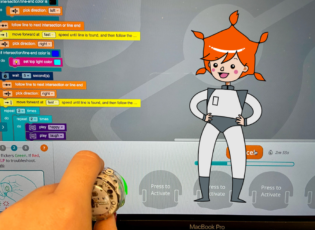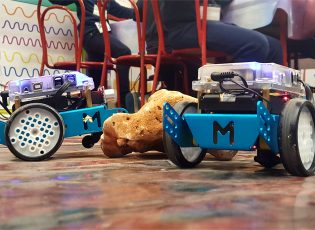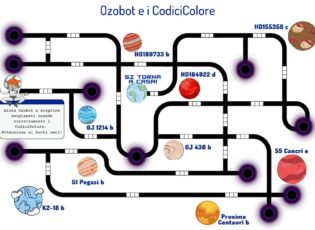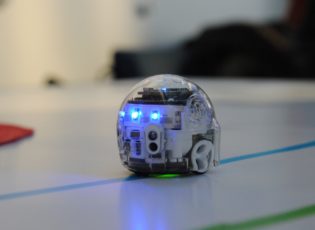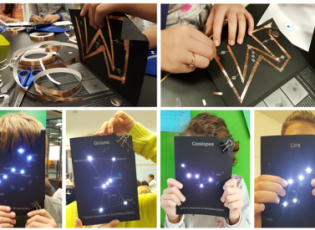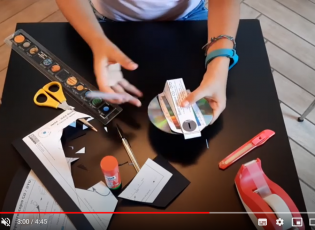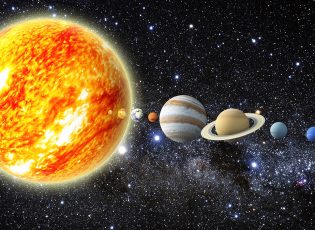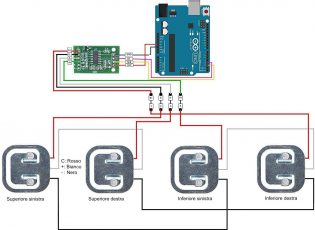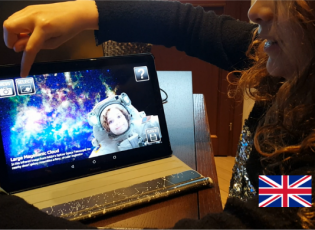Let us program Ozobot Evo with OzoBlockly
We can realize activities with Ozobot by creating a code from scratch with OzoBlockly – an online interface based on Blockly (a library developed by Google in order to bring young people closer to programming, akin to Scratch) – for either computer or tablet. Always select the Evo setting of OzoBlockly in the upper left corner – if you have Ozobot bit, select the setting bit; the codes will work in a different way – and select your programming level from 1 to 5. The higher the level, the moreLEGGI TUTTO

